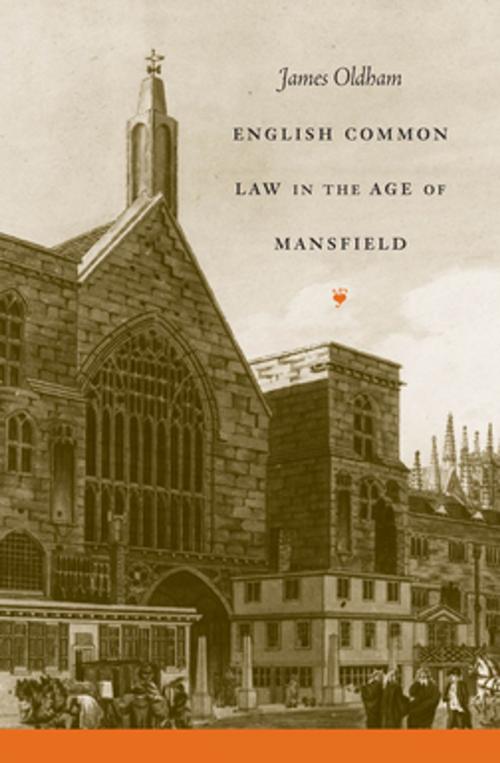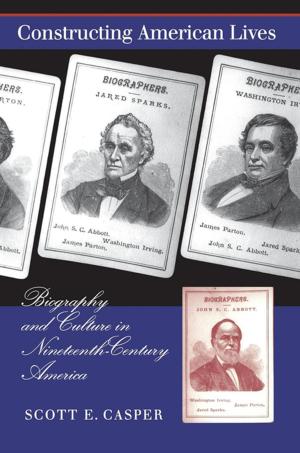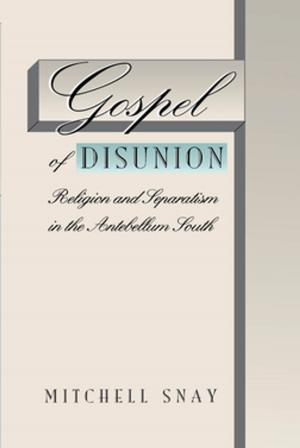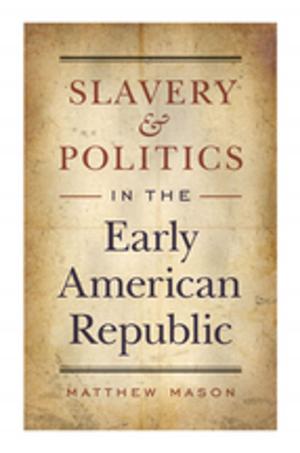English Common Law in the Age of Mansfield
Nonfiction, Reference & Language, Law, Legal History, History, British| Author: | James Oldham | ISBN: | 9780807864005 |
| Publisher: | The University of North Carolina Press | Publication: | December 15, 2005 |
| Imprint: | The University of North Carolina Press | Language: | English |
| Author: | James Oldham |
| ISBN: | 9780807864005 |
| Publisher: | The University of North Carolina Press |
| Publication: | December 15, 2005 |
| Imprint: | The University of North Carolina Press |
| Language: | English |
In the eighteenth century, the English common law courts laid the foundation that continues to support present-day Anglo-American law. Lord Mansfield, Chief Justice of the Court of King's Bench, 1756-1788, was the dominant judicial force behind these developments. In this abridgment of his two-volume book, The Mansfield Manuscripts and the Growth of English Law in the Eighteenth Century, James Oldham presents the fundamentals of the English common law during this period, with a detailed description of the operational features of the common law courts. This work includes revised and updated versions of the historical and analytical essays that introduced the case transcriptions in the original volumes, with each chapter focusing on a different aspect of the law.
While considerable scholarship has been devoted to the eighteenth-century English criminal trial, little attention has been given to the civil side. This book helps to fill that gap, providing an understanding of the principal body of substantive law with which America's founding fathers would have been familiar. It is an invaluable reference for practicing lawyers, scholars, and students of Anglo-American legal history.
In the eighteenth century, the English common law courts laid the foundation that continues to support present-day Anglo-American law. Lord Mansfield, Chief Justice of the Court of King's Bench, 1756-1788, was the dominant judicial force behind these developments. In this abridgment of his two-volume book, The Mansfield Manuscripts and the Growth of English Law in the Eighteenth Century, James Oldham presents the fundamentals of the English common law during this period, with a detailed description of the operational features of the common law courts. This work includes revised and updated versions of the historical and analytical essays that introduced the case transcriptions in the original volumes, with each chapter focusing on a different aspect of the law.
While considerable scholarship has been devoted to the eighteenth-century English criminal trial, little attention has been given to the civil side. This book helps to fill that gap, providing an understanding of the principal body of substantive law with which America's founding fathers would have been familiar. It is an invaluable reference for practicing lawyers, scholars, and students of Anglo-American legal history.















